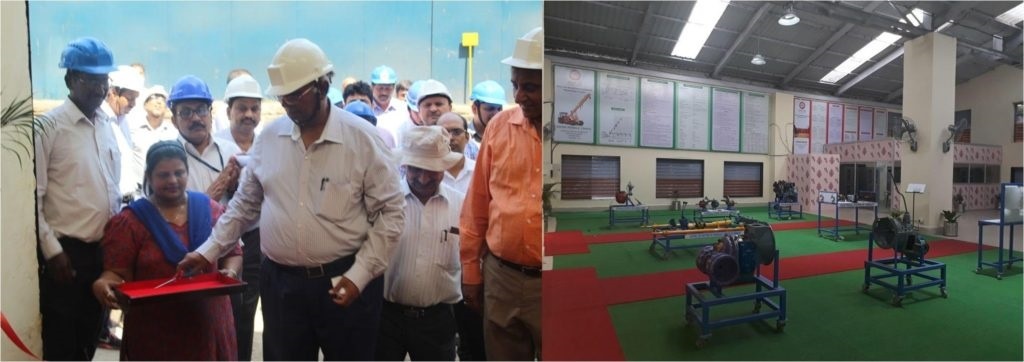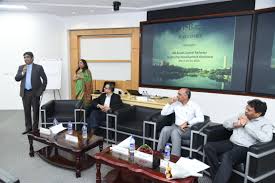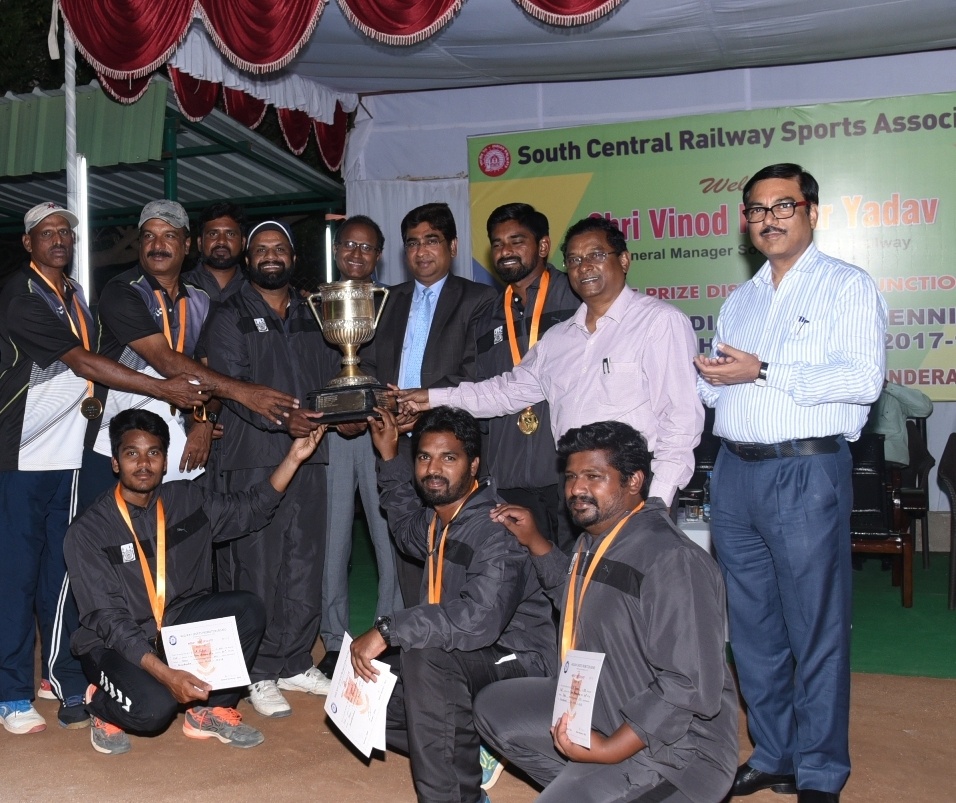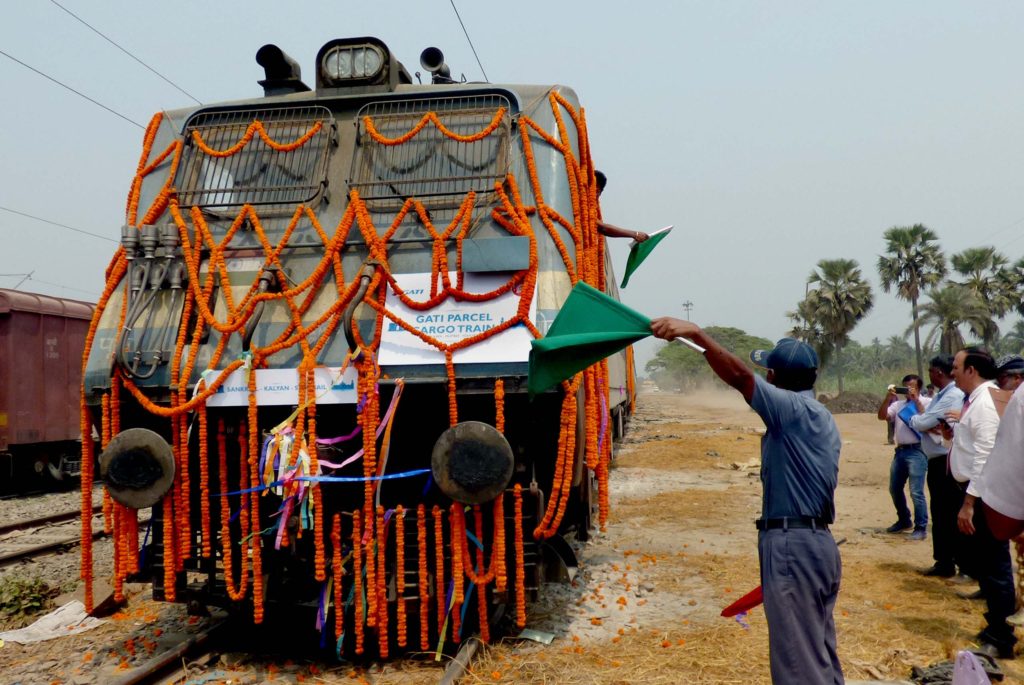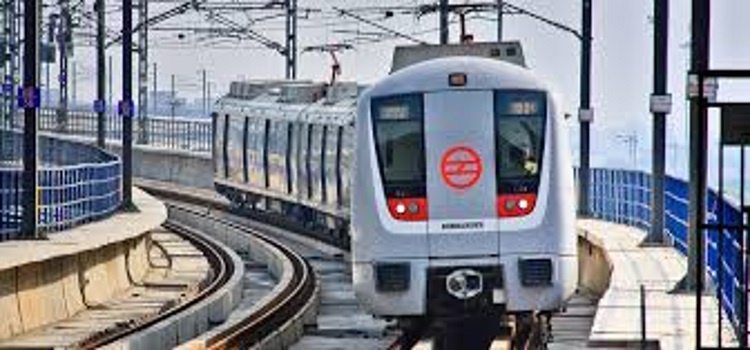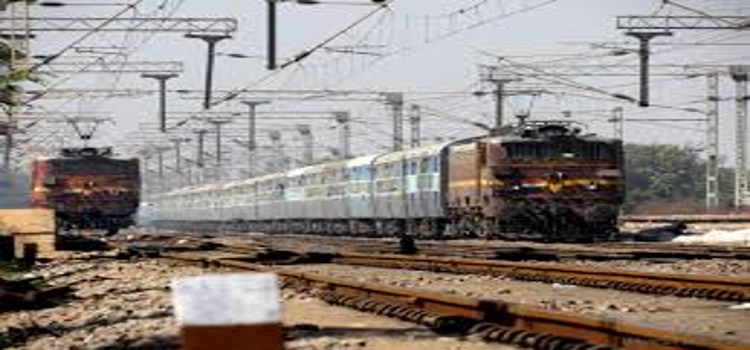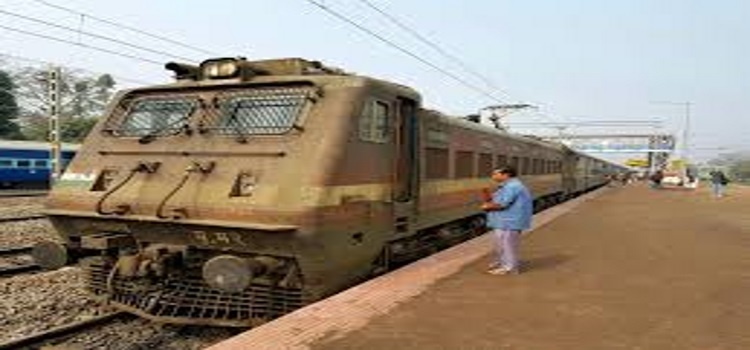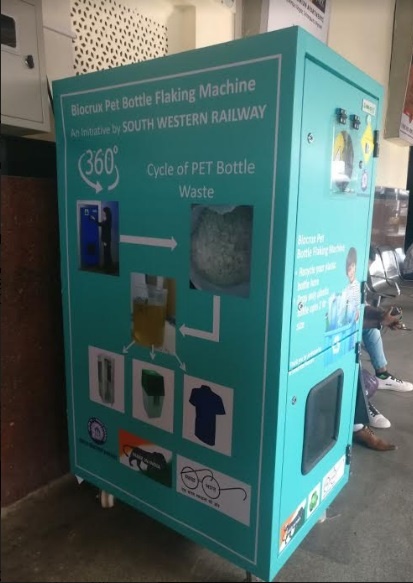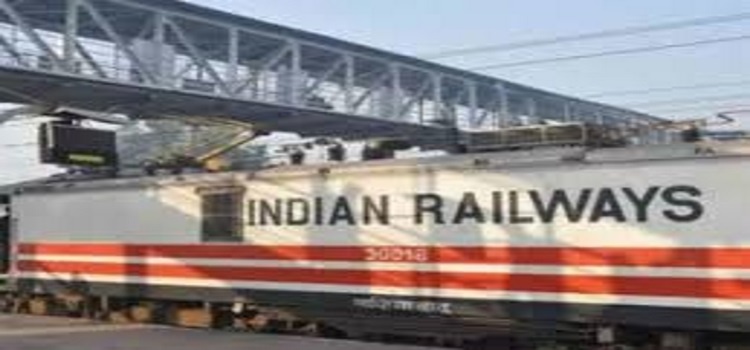
The Indian Railways has decided to redevelop 68 major stations on its own under the engineering, procurement and construction (EPC) model after getting a lukewarm response from private investors.
The rail ministry has conveyed to all its zones to start the work immediately and complete the project within a year. The letter to zonal general managers informing them about the number of stations and the deadline for completion was sent on Thursday.
All these stations would get state of the art amenities including elevators, a modern passenger announcement system, shopping complex, new platforms, swanky waiting rooms and airport like entry and exit systems.
“We can’t wait for private investors anymore. We’ll redevelop these stations on our own and could monetise them later through commercial exploitation,” a top rail ministry official said.
According to rough estimates, railways could spend around Rs 3,000 to Rs 4,000 crore towards station redevelopment.
“We have sought budgetary requirements from the divisional rail managers who’ll asses the amount of money that would be needed to upgrade these stations. The money would be released immediately,” the official added.
The stations that would be upgraded include Pune, Bengaluru, Delhi, Shimla, Mathura, Valsad, Ambala, Varanasi, Dehradun and several other major junctions across the country. “These stations are additional from the ones being redeveloped by National Building Construction Corporation (NBCC),” the official added.
NBCC is undertaking redevelopment of 10 stations including Lucknow on its own. The corporation is funding the project by leasing out space in station complex to private companies.
The government had earlier identified 100 major stations for redevelopment on priority basis in phase one. “Two stations including Surat and Habibganj are already under redevelopment. NBCC is working on 10 stations and now we’ll undertake 68 on our own. So by the end of the tenure of the government, we would have redeveloped 80 stations,” the official said.
NCR is ready with its plan to redevelop its three stations – Mathura, Allahabad and Jhansi. Talking about the redevelopment plan, NCR GM MC Chauhan said that the upgradation of stations has to be taken up an “immediate measure”. “The works on the identified stations are to be completed by December 2018 and the emphasis would be on having a visible change in the station without unnecessary construction all over,” Chauhan said.
NCR CPRO Gaurav Krishna Bansal said, “The redevelopment plan of three stations is part of the total 70 stations assigned to different zones. The NCR has chalked out a detailed strategy to revamp all the stations.”
“As per the plan, NCR would increase passengers’ amenities by installing escalators, lifts, and construction of boundary walls among others. Given that stations are important pilgrimage hubs and report over 45,000 footfall per day, the NCR would make it sure that passenger’s get best services at the stations even during peak seasons,” Bansal told.
The 70 stations are apart from the 600 stations that have to be redeveloped by the Indian Railway Station Development Corporation and would be developed by Zonal Railways in whose jurisdiction they are located.
“There are as many as 20 parameters across which the redevelopment will be done. The stations would be developed by improving the façade of the station building, platform surface with granite (flame burnt) and vacuum dewatered concrete, washable apron to improve sanitation wherever needed, etc,” the CPRO said.
Improvement to existing waiting halls, waiting rooms, retiring rooms, toilets etc along with the provision of modular water kiosks and water ATMs are also in the top priority of station redevelopment plan, the official said, adding that solar lighting would also be provided at stations.
The NCR has completed 8.7MW of solar production out of the total target of 11.2MW.
The Centre has also decided to expeditiously give a facelift to three railway stations in Kerala and raise them up to international standards.
The Centre is decided to spend about Rs. 20 crores each on renovating the railway stations in Kottayam, Kozhikode and Palakkad.
Union Tourism Minister Alphonse Kannanthanam has informed about this decision by the Centre through a Facebook post.
He has clarified that the decision was taken after a discussion with Union Railway Minister Piyush Goyal.
